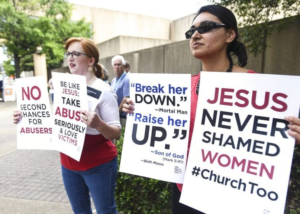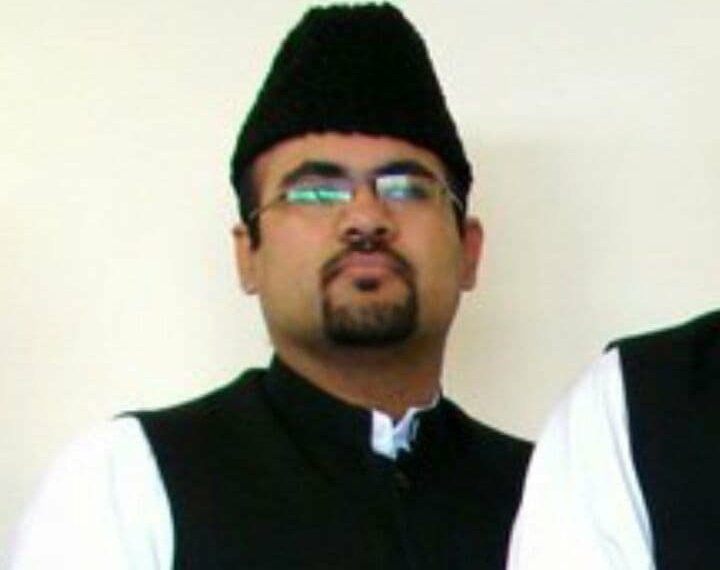Evangelical Christians looking for renewal should look to the margins

Religion Observer Web Desk |
Earlier this month New York Times columnist David Brooks published a devastating piece titled, “The Dissenters Trying to Save Evangelicalism from Itself.” Taking stock of the state of conservative Christianity, the piece identified widespread polarization, pain and disaffiliation, as well as the rapid decline in the number of people who call themselves evangelicals.
But Brooks’ survey is not the whole story. While he highlights those trying to reshape evangelicalism from within, we see a rising tide of religious renewal in not just evangelicalism but many spiritual traditions, including in our own Jewish world. That renewal is often coming from the edges.
Part of the decline of white evangelical Protestantism can be attributed to the increasing diversity of the American population. The institutional struggles of white Christians, for instance, belie the burgeoning Hispanic evangelical churches. Further, there may be a growing gap between religious identification and attendance on Sunday, as people lose faith in institutional religion and try to make a difference, no less driven by faith, in other ways.
Such is certainly the case in synagogues, where memberships continue to fall even amid a rise in the American Jewish population. Many American synagogues were created to help a large immigrant group of Eastern European Jews integrate and find a way to articulate both American and Jewish identities a century ago. They were safe havens from antisemitism and bastions of Jewish culture and served as conduits and translators of larger American society.
They succeeded beyond anyone’s wildest imaginations, helping American Jews thrive and achieve unprecedented levels of acceptance in America. Yet that very success now leaves a void of purpose as new needs arise. American Jews, for the most part, do not need synagogues to mediate between their American and Jewish identities. Synagogues, for the most part, have not articulated a new animating purpose. Yet, Jewish continuity is still often measured by the continuity of institutions.
As synagogues continue to decline, however, a remarkable group of spiritual startups, as well as some mainstay institutions dedicated to continual growth, are creating what will become the Jewish institutions of the future.
Evangelicals may have suffered a loss of purpose as their messages have been parroted from the White House, Congress and the Supreme Court and as their spiritual mission has given way to political messaging. As the faith community has become a beacon of partisan tribalism and has been dogged by sexual abuse scandals, spiritual seekers have been forced to either double down on institutional adherence or go elsewhere to find meaningful belonging. It’s little wonder that evangelical communities have been left divided and listless, uncertain of how to bring people together in common cause.
Yet, we have hope for its emergent redemption, as evangelicals now at the margins and outside formal church leadership may come to define the future of the faith. We don’t dismiss the leaders whom Brooks cites, but there are thousands of others — women, people of color, immigrants and in time LGBTQ people — who have been kept from places of power and influence but are coming to the fore as longstanding bastions of power decline.
The Rev. Samuel Rodriguez has become a key voice as president of the National Hispanic Christian Leadership Conference. The Rev. Adam Russell Taylor now stewards Sojourners and its community of progressive evangelicals. Beth Moore, a prominent Bible teacher who experienced ostracism in the Southern Baptist Convention because of her gender, has gained even more of a voice since leaving it.
The institutions of both American Judaism and white evangelical Christianity are suffering a decline from which they may not emerge. But an awakening continues to rise around the edges and may soon come to define the center. The present crisis of church and synagogue is not a crisis of faith, so much as a crisis of purpose.
We have witnessed this before in American history. When institutions and power become the driving purpose of religion, people move to recenter their purpose on the fulfillment of human needs and a higher calling of community. Within the upheavals of religion today, we see the beginnings of a new awakening. Our respective faith communities will be forever changed, emerging more diverse, more accessible and more relevant than ever.
Courtesy: RNS



